
Why The Gaza War Is Tearing The West Apart
Clashes between pro-Israel and pro-Palestinian protesters have also become commonplace outside universities, while people on both sides of the debate have been subjected to doxing , harassment and abuse .
US President Joe Biden warned of a“ferocious surge” of antisemitism in the United States, while the Australian government has established an inquiry to report on racism at universities. Hate crimes are on the rise across Europe , as well.
What's going on? Why has this issue over the war in Gaza – compared to all the other controversies and crises we face – become so fraught, and the debate so toxic?
There are some straightforward reasons why the Gaza war attracts attention and activism .
Both sides (Hamas and the Israel Defense Forces) have committed acts that prompt allegations of the most serious moral charges imaginable: genocide, slaughter, war crimes. These are atrocity crimes : among the worst things humans can do to one another.
Israel and Palestine also have a long and complex history . Any given act can – and perhaps must – be viewed in the context of prior provocations, offers and grievances. There are also starkly different readings of that history.
The immediate future raises enormous moral stakes, as well. For its part, Israel aims to safeguard itself from subsequent atrocities and to free its hostages.
For Palestinians, the stakes are almost unimaginably high. There is the civilian cost of the current military incursion into Rafah . There is the unthinkable humanitarian cost if famine or disease becomes worse. And there is the massive damage to Gaza itself as a place that can sustain a human population after the war is over.
Lastly, multicultural and immigrant nations, like the US, Australia and others, have many people with personal ties to one side or the other. People who see the conflict through very different lenses might live, work and play alongside each other in our communities. This makes conflicts even more likely.
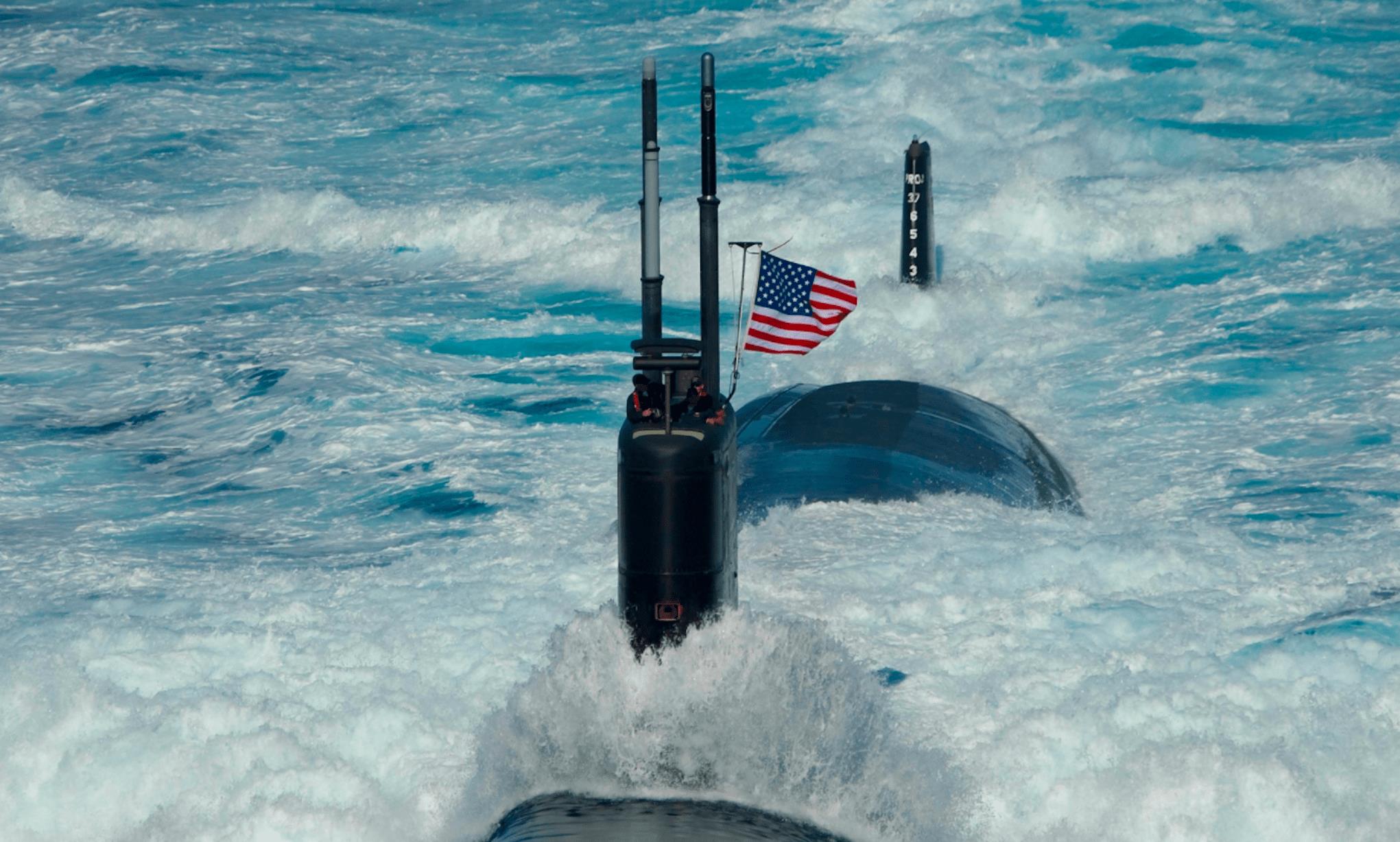
US mulls nuke cruise missiles on subs to deter China
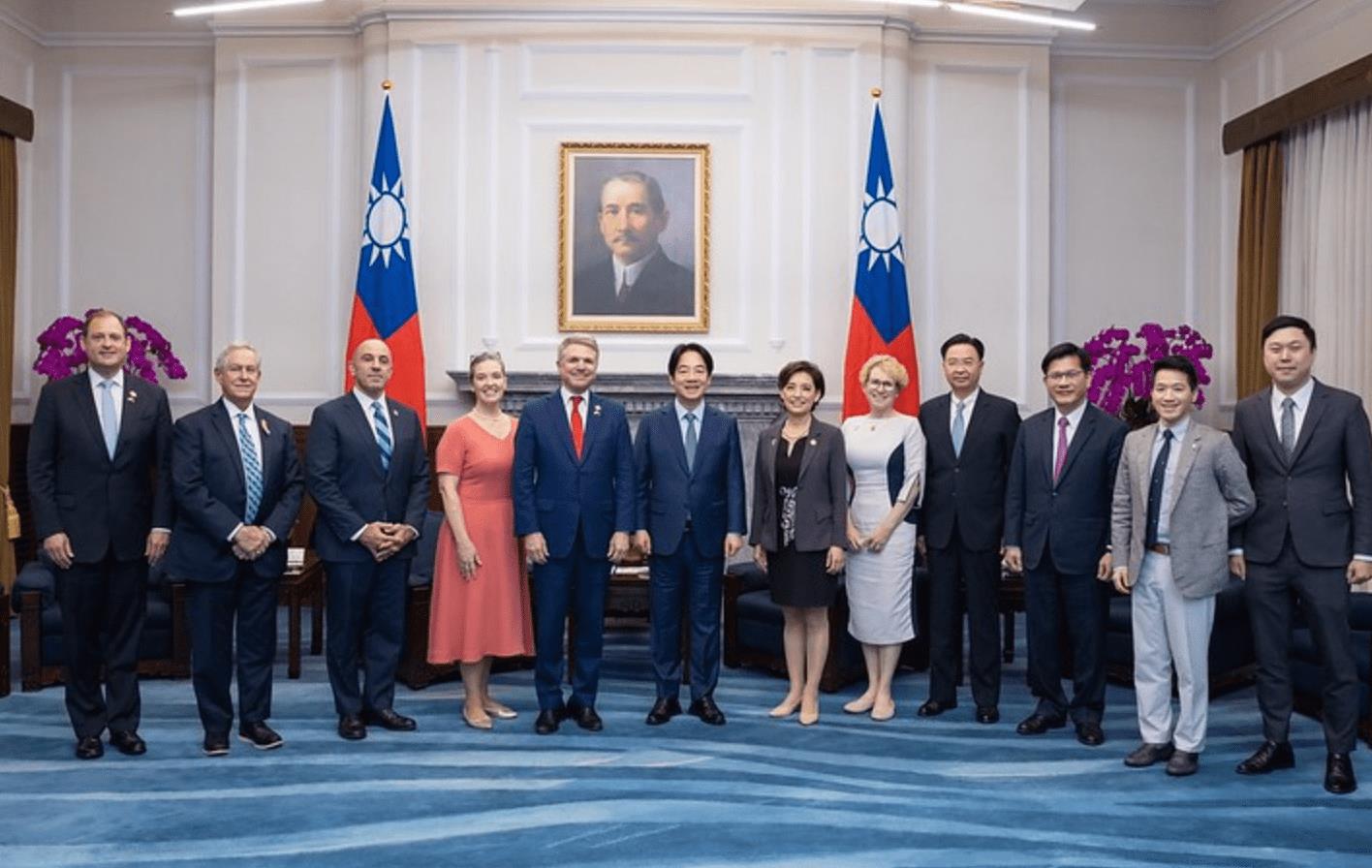
US lawmakers vow more arms for Taiwan's Lai
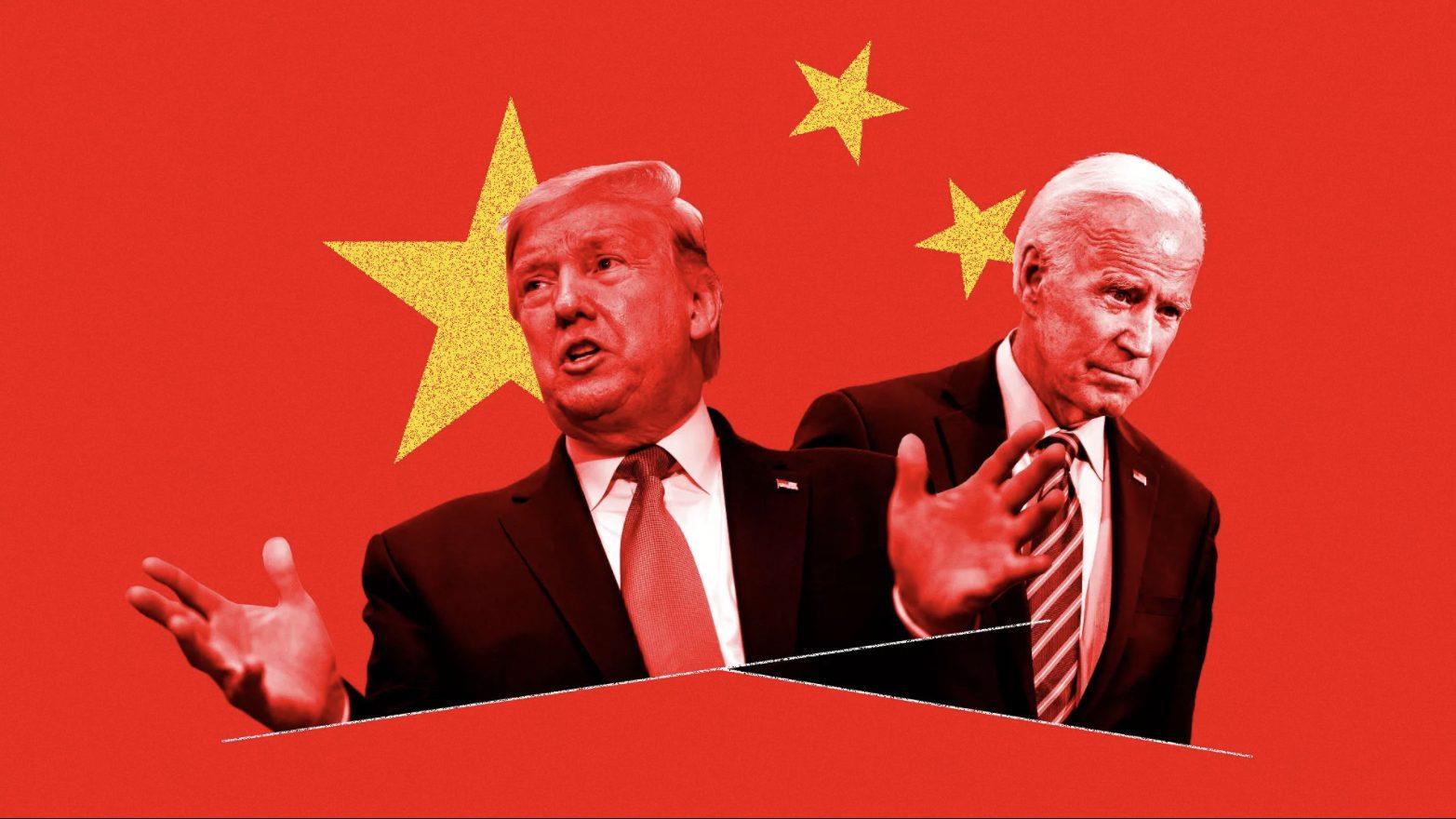
China tariffs won't make America great again Our current moment
But must all this add up to charges of intimidation, provocation and racism? Three features of our current cultural moment are likely causing these disagreements to become even more vitriolic:
We are all politically active, and publicly so. Ordinary people and organizations routinely take public moral stands on charged issues. Even the absence of a public statement can be notable. There is a pronounced social concern for vulnerable groups and their safety, especially when minorities face identity-based discrimination and oppressive speech . There is an increased willingness, super-charged through social media, to use“social punishment” against opposing views. This can include efforts at canceling , disrupting, shouting down, blackballing, doxing, lawfare, public shaming through vitriolic abuse and other efforts to inflict harm on perceived wrongdoers. Some partisans even feel justified in threatening violence .These three features have become interconnected in our current climate. Seeing society as an us-and-them struggle between good and evil can drive people to take public stances, and to socially punish the perceived oppressors.
These features were apparent in movements against systemic racism (such as the Black Lives Matter protests in the wake of George Floyd's death in police custody) and sexism (the #Metoo movement). And we are seeing it now with the Gaza war, as well.
What's different this time?A crucially different feature of the current controversy is that both sides can and do freely employ these features against each other.
This is a change. Previously, the main opposition to the above three cultural features came from center-left critics who largely agreed with the goals of progressive movements but disagreed with their methods.
For example, Yasha Mounk , author of The Identity Trap, acknowledged the need for a reckoning on racial justice, but criticized the use of public shaming and cancel culture. As he himself observed, this ambivalence about the ends and means of progressive movements often prevented critics like him from mounting assertive, full-frontal attacks on their opponents.
In contrast, the Israel-Gaza conflict sees both sides wielding uncompromising language, concepts and methods against each other. Both Jews and Palestinians have faced undeniable bigotries (antisemitism, Islamophobia), and have responded by publicly calling out this racism.
A social system in which people take such public moral stances, target identity-based oppression and employ social punishment against perceived wrongdoers can be relatively stable, provided there is widespread agreement about who counts as oppressors and the oppressed.
But in the current controversy, both sides can plausibly claim they are the persecuted minority. After all, the Jewish people had a long history of persecution even before the horrors of the Holocaust, and Israel has been surrounded by countries violently opposed to its existence since its inception.
And compared to Israel's military might, the Palestinians plainly suffer from systemic oppression and deadly violence. This will seem especially true to those who see Israel as an oppressive“settler colony” – invaders aiming to permanently replace the existing locals.
Once there is direct disagreement about which party counts as the oppressed group, conflicts can quickly escalate.
Each side is righteously sensitive to any perceived hate speech from the other but unwilling to limit their own punitive strategies or inflammatory language. After all, why should the victims have to curb their language and methods to suit the oppressors?
Using social punishment to achieve policy goals can also sometimes shade into coercive force.
At low levels, disruptive and rule-breaking protests can help publicize a political message and communicate its importance. But the more disruptive a protest becomes, it takes on the unvarnished threat of a protection racketeer: we will make running your operations impossible unless you submit to our demands .
Worse still, once one side steps outside the bounds of normal rules and expectations - such as through disruptive or intimidating protests or attempts to get others fired -the other side righteously retaliates, trading accusations of racism and bigotry.
There is no longer just a conflict, but a conflict about the conflict.
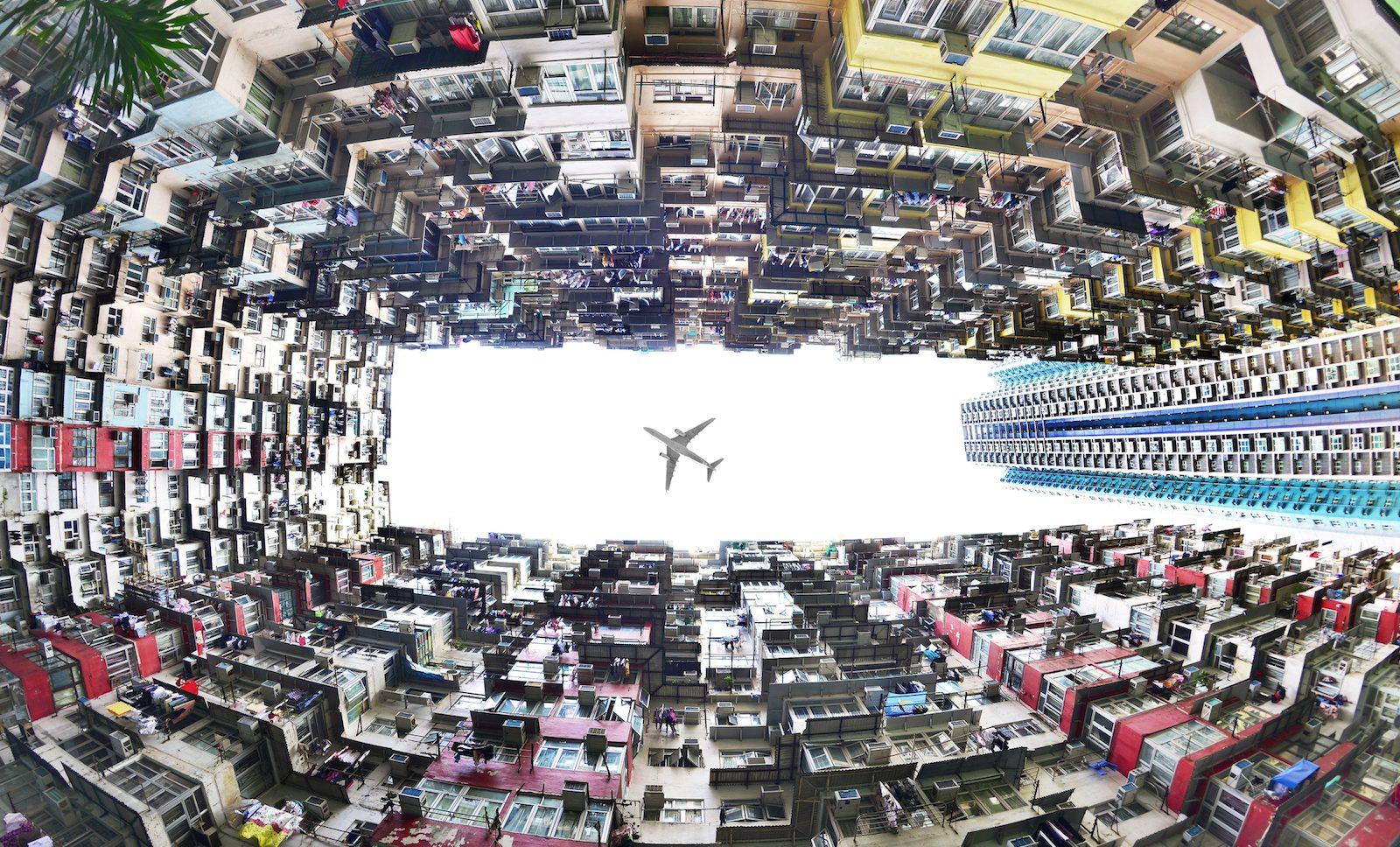
Sign up for one of our free newsletters
- The Daily ReportStart your day right with Asia Times' top stories AT Weekly ReportA weekly roundup of Asia Times' most-read stories
And this perhaps leaves us with the final ethical concern. Even if it is right, sometimes, to judge people based on their group membership, and to be sensitive to the role of systemic power, people are individuals, too. It still matters how each individual is treated, not as a placeholder for a group, and not as responsible for the group's sins.
Just because a person might be in the right politically doesn't mean that what they are doing for their cause is permissible morally.
There are no easy answers here. In a multicultural and pluralistic country, we can't prevent others from having different views, and we can't shy away from the sharp disagreements those differences will create.
But we can at least remember we are all human, and put limits on intimidating, haranguing, ostracising and threatening others, even as we tolerate their rights to protest and criticize the things we hold most sacred.
Hugh Breakey is Deputy Director, Institute for Ethics, Governance & Law, Griffith University
This article is republished from The Conversation under a Creative Commons license. Read the original article .
Thank you for registering!
An account was already registered with this email. Please check your inbox for an authentication link.

Legal Disclaimer:
MENAFN provides the
information “as is” without warranty of any kind. We do not accept
any responsibility or liability for the accuracy, content, images,
videos, licenses, completeness, legality, or reliability of the information
contained in this article. If you have any complaints or copyright
issues related to this article, kindly contact the provider above.

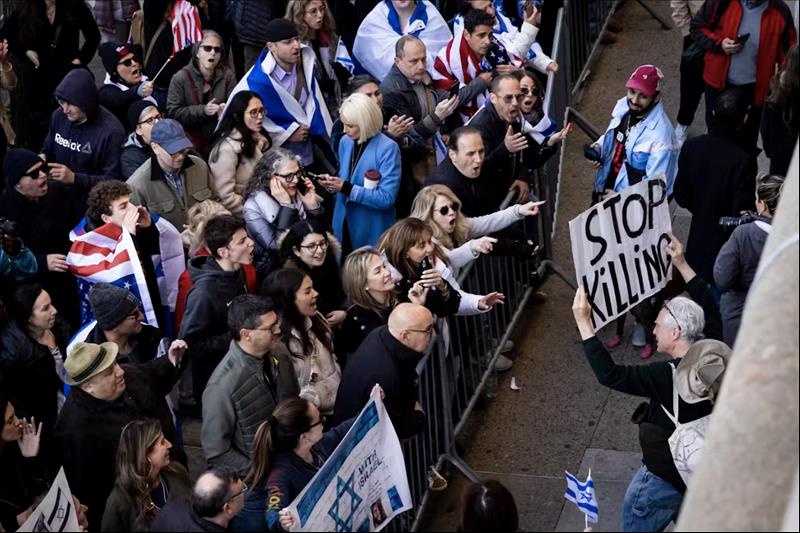
















Comments
No comment